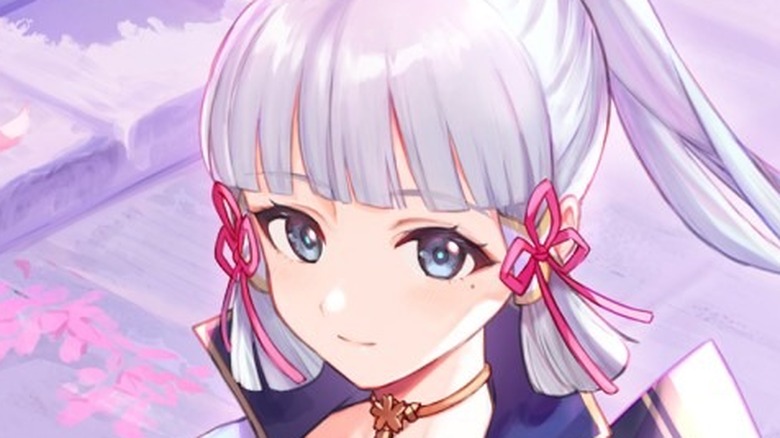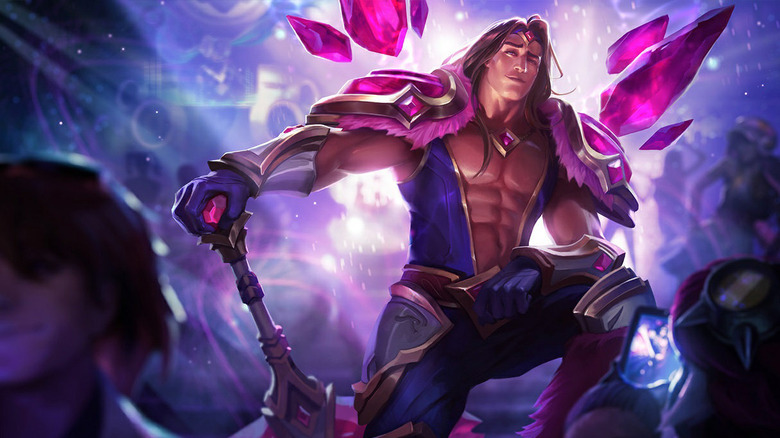China's New Stance On Gaming Is Turning Heads
The Chinese government has slowed the approval process for video games and has called for less "effeminate" men in games. As reported by PCGamer, the Chinese government reduced the rate it approves new video games in the country, in addition to the time restrictions that only allow people under the new gaming laws. According to the South China Morning Post, the government has made approvals at a more leisurely pace because it believes reducing the number of new video games will lessen "video game addiction" in the country.
Along with the slowdown, China has laid out content guidelines for new video games. Content like "gay love," "violence," "effeminacy," and "money-worship" are all discouraged, and the government also more vaguely instructed companies to not feature the "wrong set of values." It also requested that companies ease up on monetization and profit-focused mechanics in games. The report cited monopolies, mechanics that encourage "gaming addiction," and celebrity endorsements as problematic aspects of games.
All of these guidelines combined with the heavy restrictions for minors showed an overall negative view of gaming by the Chinese government. While having written content guidelines, specifically against "effeminacy" is new, China has historically restricted content with feminine men.
China has strict rules for video games
China has been requiring developers and publishers to make changes to games to be "more suitable" for the country for years. As reported by PCGamer, the "League of Legends" character Taric, a flamboyant and canonically gay man, is depicted very differently in the Chinese version of the game. In the US and UK versions, Taric has an open shirt showing off his muscular chest and has tons of pink and purple incorporated into his outfit, including pink fur details on his collar. In China, Taric's chest is covered and his shoulders have bigger armor pieces to emphasize a masculine form. His pose in the key art makes him look angrier, something sometimes associated with being more masculine.
Some video games, like "Plague Inc.," have been removed from sale in China without any explanation or reasoning at all. Overall, gaming looks very different in China than in the US, primarily due to the Chinese government exercising more control over its markets than the US. Chinese-based gaming companies like Tencent and NetEase have worked to meet the government's demands, even scanning kids' faces to restrict playtime, but the companies have ultimately been unsuccessful in avoiding further restrictions from the government. It's unclear how these new content guidelines will affect Chinese developed games like "Genshin Impact" in other countries moving forward.


